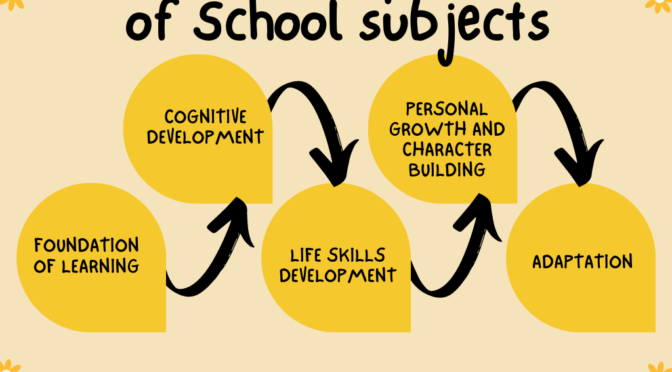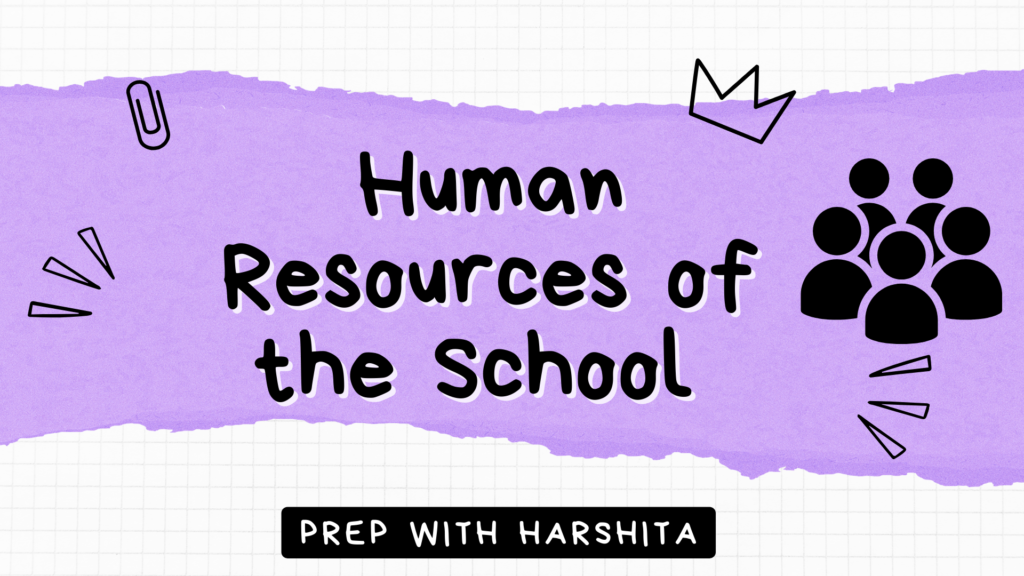Studying school subjects is an essential component of education, and it holds significant importance for various reasons. Here are some key points highlighting the need and importance of studying school subjects:
- Acquisition of Knowledge:
- Foundation of Learning: School subjects provide a structured framework for acquiring foundational knowledge in various subjects, such as mathematics, science, literature, and history.
- Broad Exposure: Students read about a diverse range of subjects, helping them develop a well-rounded understanding of the world.
- Cognitive Development:
- Critical Thinking: Studying school subjects enhances critical thinking skills, problem-solving, and analytical reasoning. It promotes intellectual development and enhances cognitive abilities.
- Creativity: Exposure to subjects like art, music, and literature fosters creativity and imagination, contributing to a holistic development of a student’s mind.
- Preparation for Higher Education and Careers:
- Prerequisites for Specialization: Mastery of certain subjects is often a prerequisite for pursuing higher education in specific fields. For example, studying biology in high school may be necessary for pursuing a career in medicine or life sciences.
- Career Opportunities: Different subjects open up diverse career paths. Students can choose subjects aligning with their interests and aptitudes, preparing them for careers in their field of interest.
- Life Skills Development:
- Communication Skills: Subjects like language arts and literature contribute to the development of effective communication skills, which are crucial in personal and professional life.
- Time Management: Managing multiple subjects and assignments teaches students valuable time management skills, a crucial aspect of success in academic and later professional pursuits.
- Cultural and Social Understanding:
- Social Sciences and Humanities: Subjects like history, sociology, and political science provide insights into human behavior, societal structures, and cultural diversity. This knowledge is essential for fostering social understanding and empathy.
- Global Awareness: Geography and world history subjects contribute to a broader understanding of global issues, fostering a sense of global citizenship.
- Personal Growth and Character Building:
- Ethical and Moral Education: Subjects often incorporate discussions about ethics, morals, and values, contributing to the character development of students.
- Personal Responsibility: Completing assignments, meeting deadlines, and participating in class activities instill a sense of responsibility and accountability in students.
- Adaptation to Changing Environments:
- Versatility: Exposure to various subjects helps students gain a skill set. It also helps them to adapt to changing academic and professional environments.
- Lifelong Learning: The habit of studying subjects fosters a culture of lifelong learning, encouraging individuals to stay informed and updated throughout their lives.
Also visit: Prep with Harshita

Also read: Alternatives to Disciplinarity



